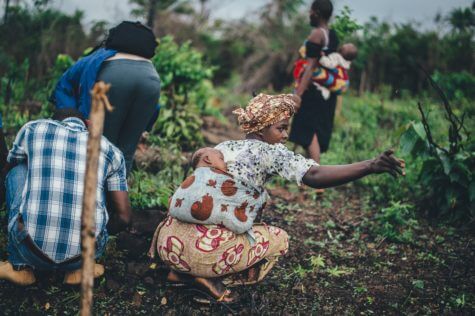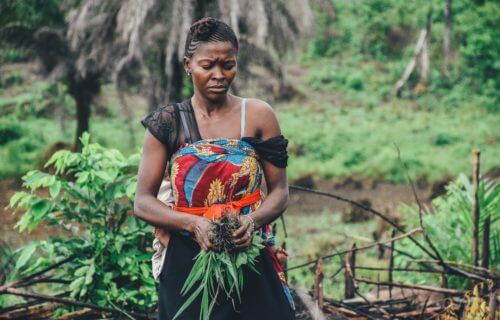COPENHAGEN, Denmark — Tens of millions of farmers in sub-Saharan Africa believe God controls their economic decisions. However, a majority have languished in extreme poverty and unproductiveness for decades, according to a new study.
University of Copenhagen researchers say over one-quarter (26%) of Ethiopia’s 90 million rural farmers believe that God is an omniscient power who determines all of their business successes or failures. The study authors say unproductive agriculture is a major factor behind hunger and poverty problems in developing countries such as Ethiopia. While economists largely blame the rural population (over 80%) for failing to embrace technology, this latest research suggests the problem may be a much higher power: faith in God.
Both religious and non-religious farmer participants showed they are willing to take business risks or adapt to new crops and technology. However, this study reveals that the more religious the farmer, the more likely they are to make damning economic choices.
“It’s God’s will,” the researchers write in a university release. “This is the explanation offered by millions of farmers in one of the world’s poorest countries as to why their yields are what they are, the implication being that their own efforts make no difference.”
“Many of the surveyees choose to take risks because they believe that their success is entirely in the hands of God anyway,” says Goytom Abraha Kahsay, an assistant professor at the University of Copenhagen’s Department of Food and Resource Economics. “Even though the majority of the population do not share this belief, it equates to millions of Ethiopians sharing this conviction.”

Should the church spread economic advice?
More than 80 percent of Ethiopia’s 113 million people work as farmers in rural parts of the country. Meanwhile, 95 percent of the overwhelmingly Christian population are small-scale farmers who rely on “rainfed” lands. Islam is the country’s second largest religion. Such farmland is incredibly vulnerable to the effects of climate change.
The researchers say that international economic efforts incorrectly blame the farmers’ unproductivity on being “risk averse” or ignoring technology innovation. Instead, the study authors write, the U.N. Sustainable Development Goals and other economists should factor in cultural reasons like extreme religiosity.
“The general explanation that poverty is associated with risk aversion – i.e. an unwillingness to use new technology or try out new crops should be re-assessed in relation to structural and contextual factors,” adds Kahsay, who is originally from Ethiopia.
“Both our data and other recent studies show that people in developing countries are generally willing to take risks. But now we are able to explain it through religiosity,” Kahsay continues, whose research is published in the scientific journal, Agricultural Economics.
U.N. economic experts describe smallholder farmers as family-owned enterprise operations which rear livestock, raise fish, or cultivate crops on a relatively small scale. This study was based off a survey of 819 subsistence farmers in Ethiopia which featured questions about their religious values. Kahsay says that Christian and Islamic leaders should work with policy makers to help create a more productive agriculture industry.
“Most people trust the Church, so any messages conveyed to them in church can probably affect their way of thinking,” Kahsay concludes.
